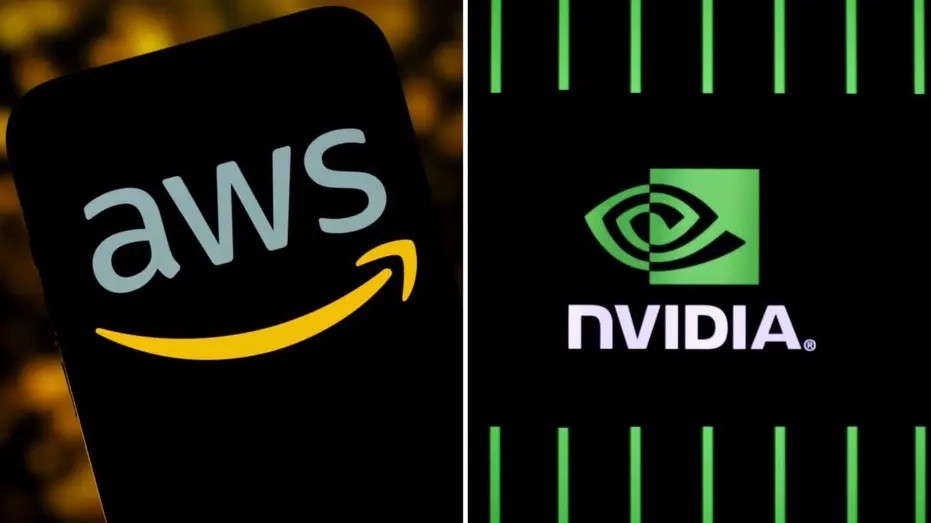AI-Connect, a revolutionary conversational speech artificial intelligence (AI) service, was unveiled by Phone.com today. AI-Connect, the newest development in Phone.com’s commercial phone system, offers callers and businesses a smooth and effective contact experience.
AI-Connect is specifically designed to handle inbound leads and schedule appointments without the clumsiness of cookie-cutter call routing or the expense of a contact center. This is ideal for small and micro businesses that need to take advantage of every opportunity to convert interest into sales but lack the luxury of an administrative team or a call center to handle the influx of prospects or sales calls.
AI-Connect can effectively manage duties like call routing, schedule management, and FAQ responding since it is built to engage in genuine, free-flowing conversations with callers. Modern automatic voice recognition (ASR), large language model (LLM), text-to-speech (TTS), natural language understanding (NLU), and natural language processing (NLP) technologies are used to enable this capacity.
The real differentiator with AI-Connect is its capacity to provide goal-oriented, conversational communication. Excellent intent recognition is provided by the company’s creative use of LLM in conjunction with NLU/NLP hybrid infrastructure. Notable is also how the new service leverages machine learning to deliver customized suggestions and detailed call metrics for every engagement.
Phone.com CEO and Co-Founder Ari Rabban stated, “AI-Connect is much more than just a service or new iteration of AI-enabled CX; it’s a strategic game-changer that strips away the burden of expensive, complicated technology designed for small businesses.” “AI-Connect, a component of our UCaaS platform, dismantles conventional barriers and gives companies of all sizes access to a realm of efficiency and expertise that would normally require significant time and investment.”
A professional voice greets customers and provides them with a number of easy options when they initiate a call to an AI-Connect script. AI-Connect guarantees that Phone.com customers maximize every engagement, regardless of their availability to answer, from easily arranging, rescheduling, or canceling appointments to smoothly connecting with a specific contact or department.
AI-Connect effectively filters out spam and other undesirable calls by utilizing sophisticated call screening capabilities, saving both business owners and callers important time.
The discussion between callers and AI-Connect is facilitated by sophisticated conversational design, which also optimizes call flow and delivers real-time responses that are most effective. Businesses may easily modify and implement AI-Connect to meet their specific needs thanks to the intuitive user interface (UI).
“We look forward to embarking on the next chapter of communications with great anticipation as innovation is in our DNA,” said Alon Cohen, the acclaimed Chief Technology Officer of Phone.com, whose engineering prowess produced the first VoIP call ever. The FCC’s Pulver Order, which removed certain IP-based communication services from conventional regulatory restrictions, ushered in a new age and was implemented 20 years ago. With AI-assisted interactions, “we are now in a position to investigate their transformational potential. Our commitment to transforming communication is reaffirmed as we embark on a journey towards a future characterized by intelligent solutions.”
Phone.com is celebrating 15 years of consecutive year-over-year growth, driven by a strong clientele that includes more than 50,000 enterprises and an impressive increase in market share. Supported by an unwavering dedication to providing state-of-the-art services and technology at reasonable costs, the company’s approach works well for enterprises of all sizes, accelerating its trajectory of steady expansion.


 Entertainment4 weeks ago
Entertainment4 weeks ago
 Business3 weeks ago
Business3 weeks ago
 Business3 weeks ago
Business3 weeks ago
 Business3 weeks ago
Business3 weeks ago
 Technology4 weeks ago
Technology4 weeks ago
 Technology3 weeks ago
Technology3 weeks ago
 Technology2 weeks ago
Technology2 weeks ago
 Business2 weeks ago
Business2 weeks ago












